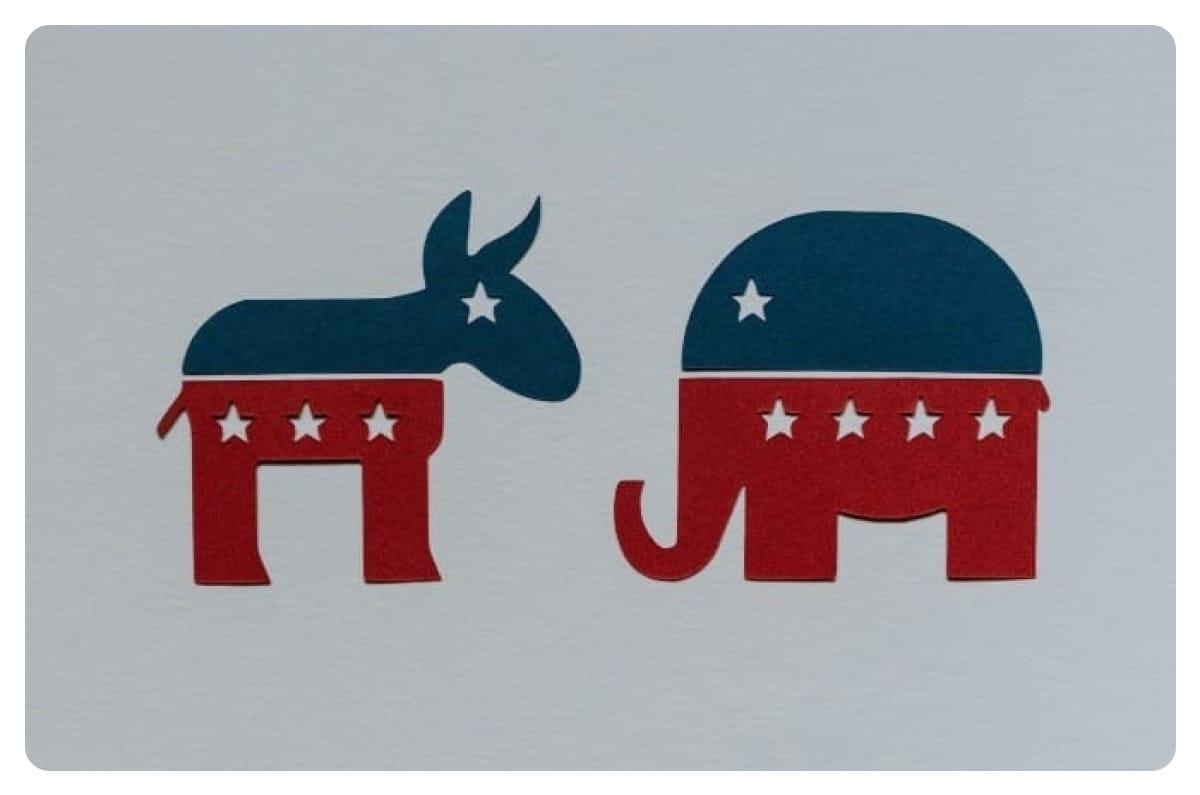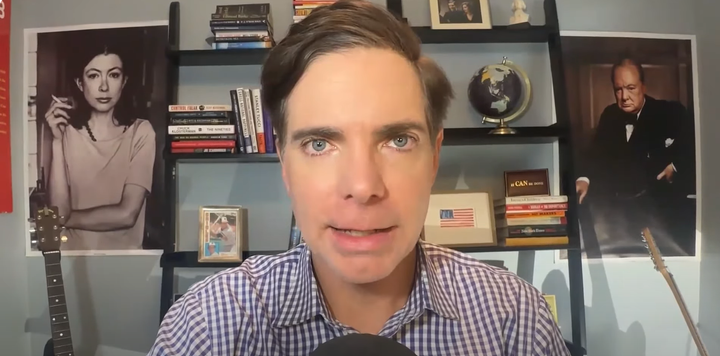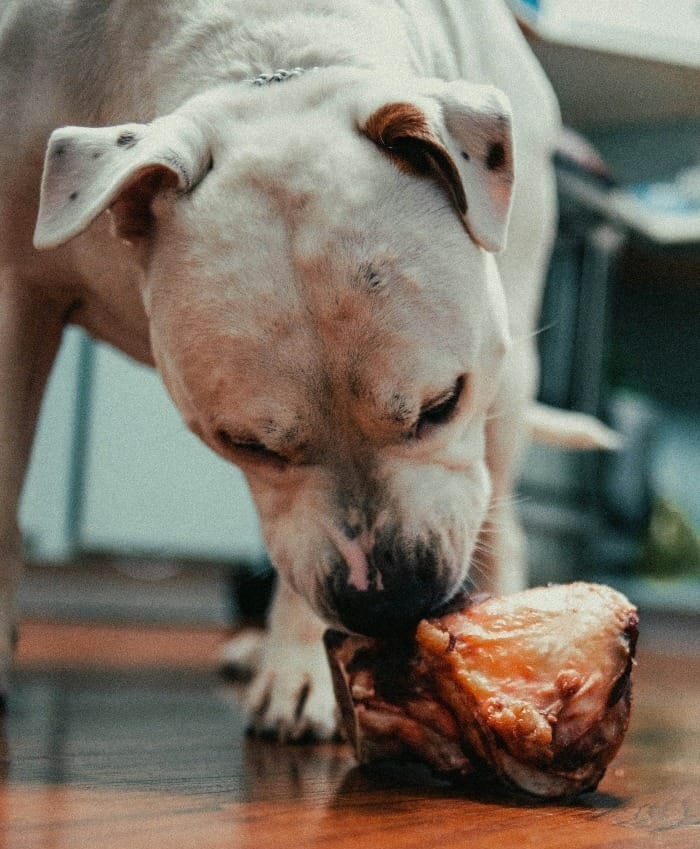Conservative West Virginia
West Virginia is a conservative state politically and culturally. But it's most conservative in its strong ties to the mountains, rivers, and valleys that make up our stunning geography. Conservative in that sense maps to a desire to maintain those ties and to pass them on.

West Virginians as a collection of individuals show as much diversity as you'll find anywhere in the country or, for that matter, anywhere in the world. But similarly to many other states, we have more individuals here who identify as politically and socially conservative, than we have people who identify as liberal or progressive. So West Virginia is widely acknowledged to be a Conservative, so-called Red state. One of the reddest, in fact.
Since conservative people find a more comfortable fit within the Republican party, West Virginia tends to elect Republican governors, senators, representatives, delegates, commissioners, mayors, sheriffs, and so on at almost all levels of federal, state, and local government. The exception is in our larger population cities, where conservatives don't necessarily or always predominate. Our cities can be Democratic or Blue in their governance.
This pattern of Red everywhere except for Blue big cities you'll find in most states. So if a state has a majority of its population in larger metropolitan areas, it's more likely to be a Blue state overall, with Democratic governors, senators, etc. The smallest states, including West Virginia, though, are predominantly rural. There are exceptions, of course.
In fact, West Virginia is the second most rural state in the country. Anywhere from 50 to 65 percent of the population is rural, depending on how you define "rural." One common definition considers a community to be rural if it has fewer than 2,500 people. The average across all the states is about 20 percent, so we're way above average, no matter how you define it.
Cities, by their nature, tend to attract and maintain a wider, more diverse demographic than rural areas. It only makes sense, since the economy of a large city is going to need a wider variety of people–by age, by occupation, by education, by race, by ethnicity, by sexual orientation. All these different types have to get along with one another, more or less, so a conservative outlook on life, with its emphasis on uniformity and conformity, is more difficult to maintain in cities. Cities are more culturally turbulent and conservatives are leery about all that disorder. It comes across as chaotic, messy.
Since conservatism in its core meaning is cautious about change, it doesn't necessarily cotton to the idea that people should be free to do as they want. But since people do in fact tend to do what they want, conservatism leans into the proposition that some guys are good and some not-so-good, even bad. The way it was is the way it should be. We’re us and they’re them. Embrace the us and reject the other.
But fundamental to the notion of conservatism is a respect for land and community. Conservatives like, even love, where they are and they stay where they are even against the odds. Further, they want their children and grandchildren to love and stay where they were born and raised. When someone from outside comes into their community, they want those newcomers to be the same kind of people as they are, that is, to be "good guys" like them. They're willing to share their home, but on their terms.
The reality of course is that there can be some bad in the "good" guys, and some good in the "bad" guys. Communities put themselves in jeopardy when they can’t tell the difference. In West Virginia, for instance, our economy has historically been tied to extractive industries. Our resources were plentiful and they were desired by outsiders. The owners were themselves often outsiders, heading corporations answerable to their shareholders, again mostly outsiders.
The outsiders presented themselves as good guys, full of promises of jobs and wealth. And they did give us jobs as they hacked out our resources and hauled them away. When the resources were gone, the jobs went too. And often those we thought were good guys turned out to be con men, leaving us with devastated communities that we had to clean up, if we did, on our own dime.
It's not too far-fetched to think that conservative rural people, with a love for their land, would have expected that these outsiders shared their respect for the land and conservative values. But many didn't.
In West Virginia, the outsiders created the coal economy that the state came to depend upon and still believes in. But signs from as long ago as 50 years pointed to the fact that the coal economy was declining. You could see it in the number of played out mines, the mounting number of coal companies going belly up, and the fast downward curve in the number of active coal miners. For the sake of those coal mining jobs of the last century people put up with the down side of those jobs: black lung, poisoned rivers, scarred mountains, and bankrupt pension plans. The mine owners made a mess and then left, taking their profits with them. Their “commitment” to their communities lasted only until the coal ran out.
It’s hard not to see that our communities got a bum deal in the long run. But coal culture during the decades when the coal bosses reigned became associated with conservative values and our politicians play to those values. That was true when our politicians were mostly Democrats and today still when they are almost all Republicans. Even our few remaining state level Democrats tend to be more conservative than those in deep Blue states.
But allegiance to the coal culture of West Virginia when coal is so obviously a failing economy would suggest that it's misplaced. Since we need a different economy, we need different thinking, more new ideas, more diversity. But how do you get those new ideas, put them into play, and still stay true to your conservative ideology?
Different, new, and diverse are all characteristics associated more with progressive, liberal ideologies. Do conservative West Virginians have to pay attention to those ideas and even welcome them into their communities? Do they have to stop believing that others must adopt their own conservative ways and their politics to fit in? Can they accept that some people are different from them and want to stay different?
Maybe "accept" is too strong a word here. “Tolerate” is probably the better word. Progressive people are already here, of course, with no plans to go elsewhere. They're part of that natural population diversity you find anywhere. So I would say that the answer is yes, conservatives ought to tolerate progressive people. People of all stripes, who are committed to West Virginia, can add their distinctive ingredients to the recipes needed to lift us off of the bottom. In this sense, Blue is as good a color as Red. They're compatible. They're the colors of the nation's flag, after all.




Comments ()